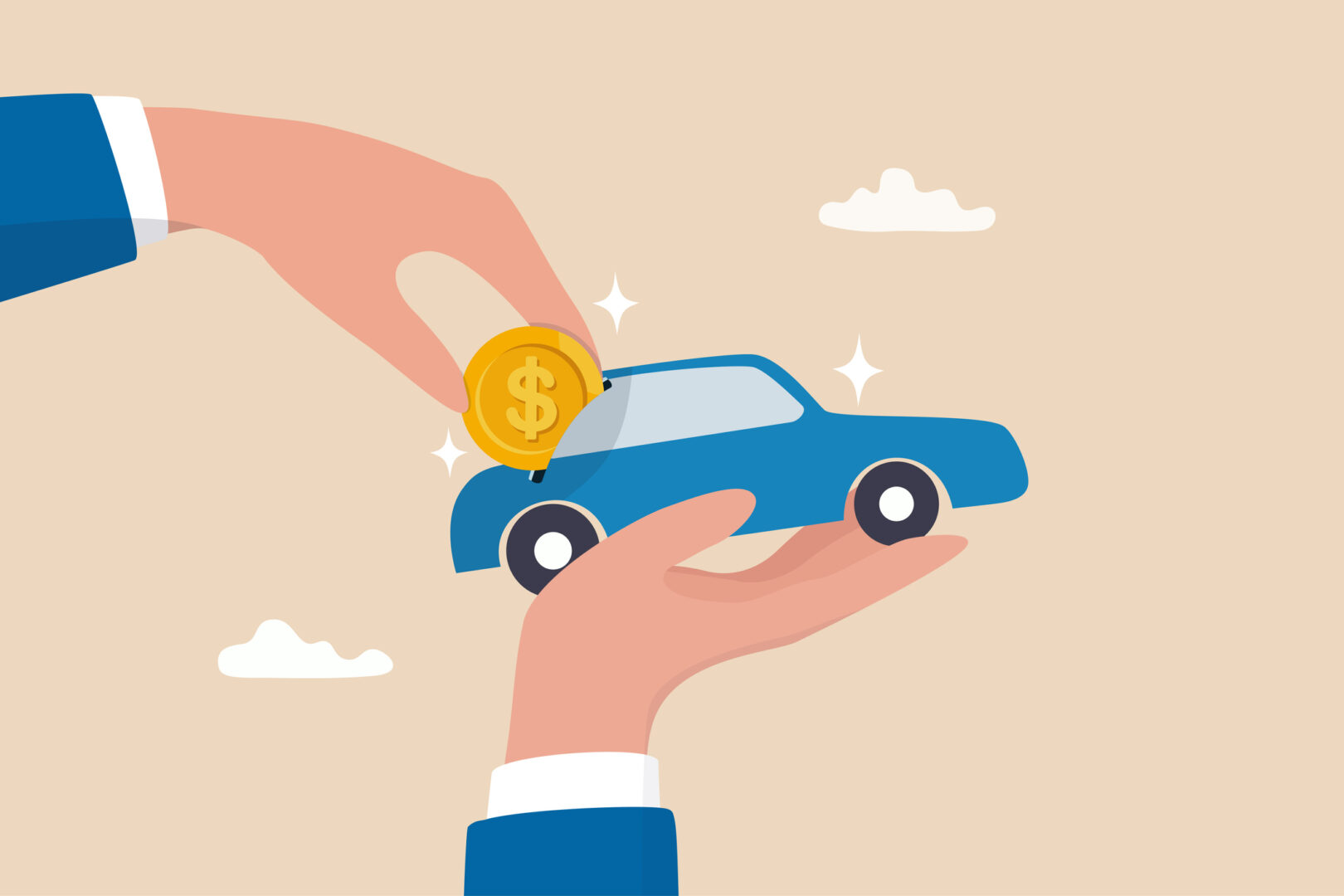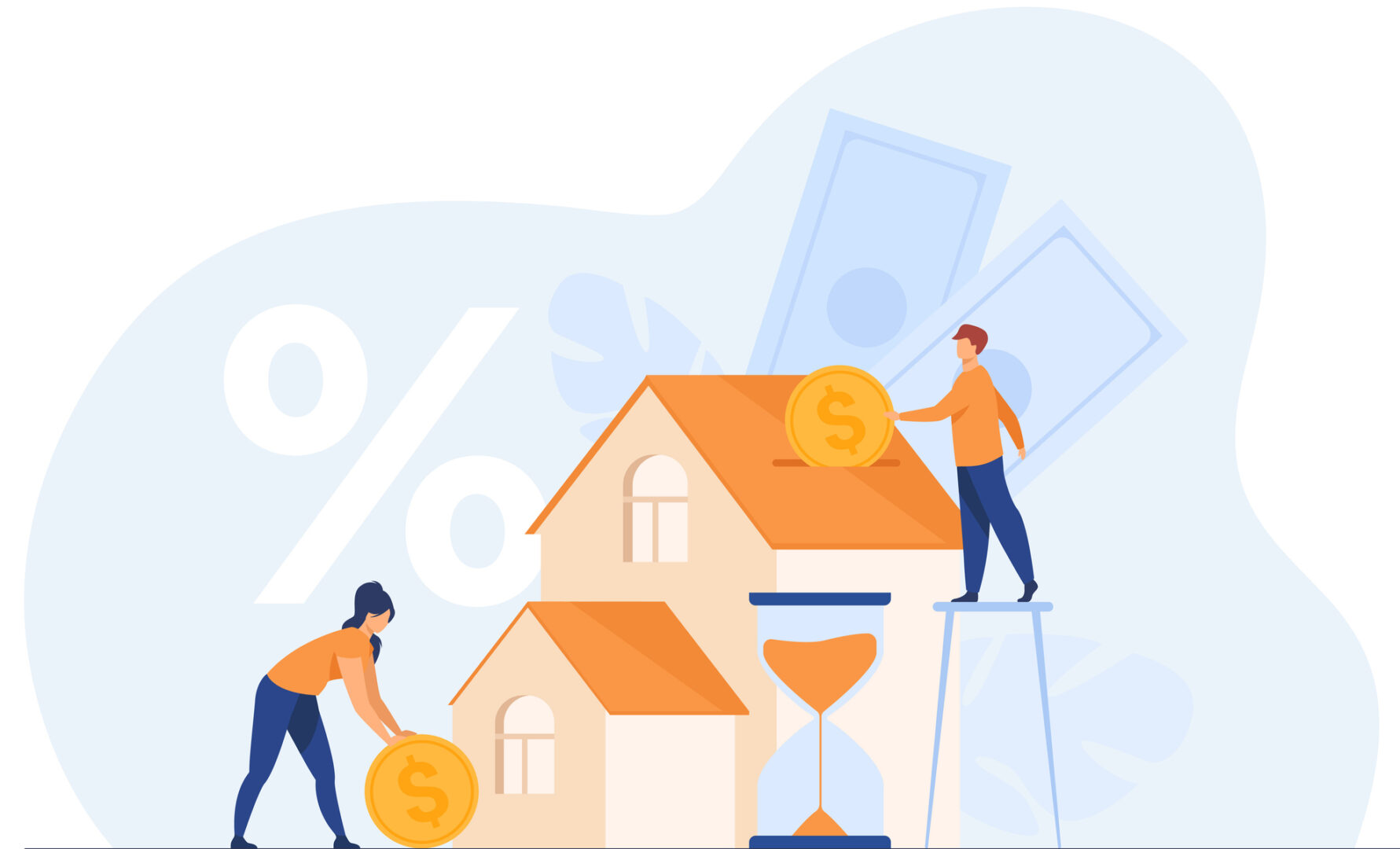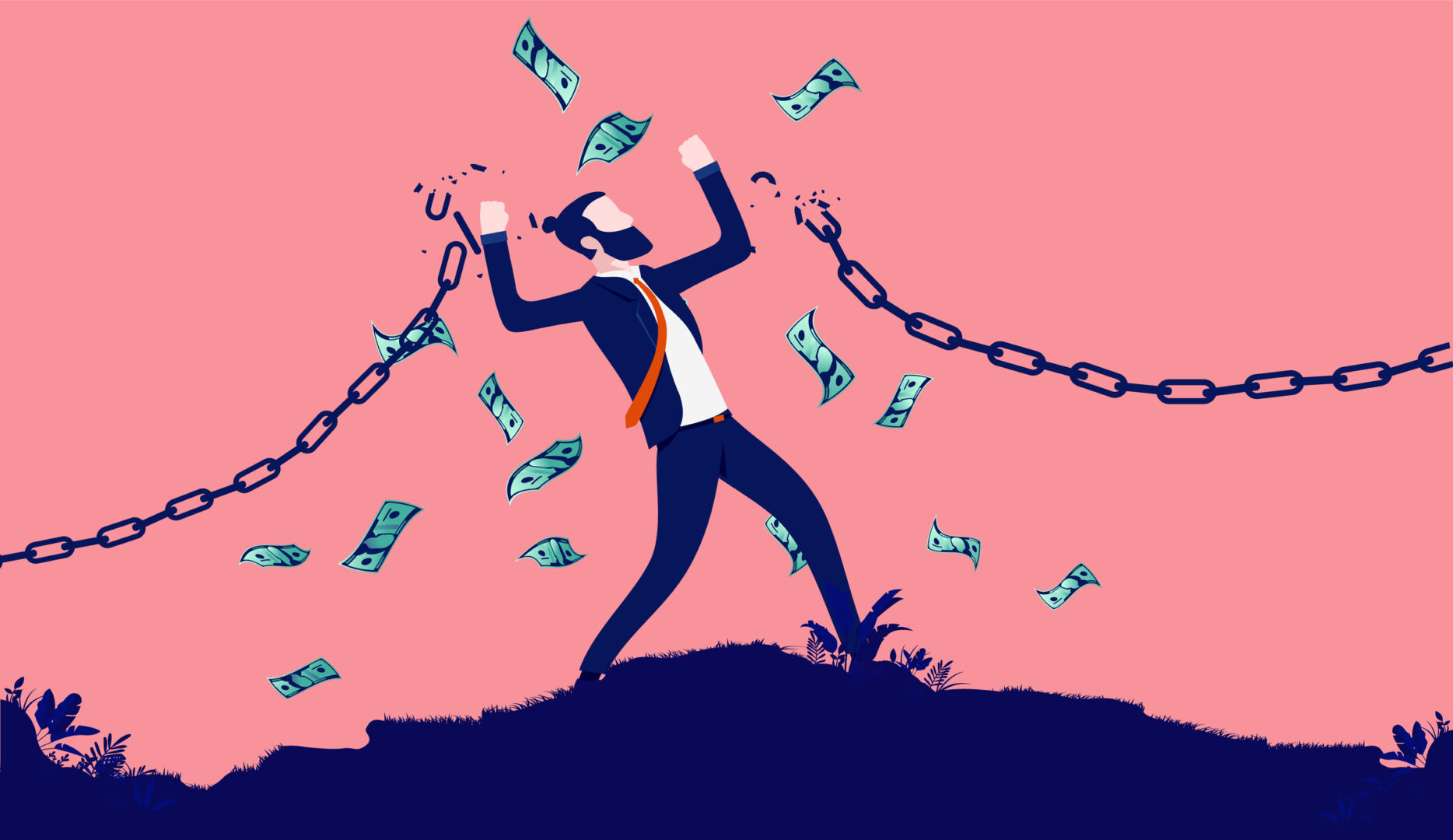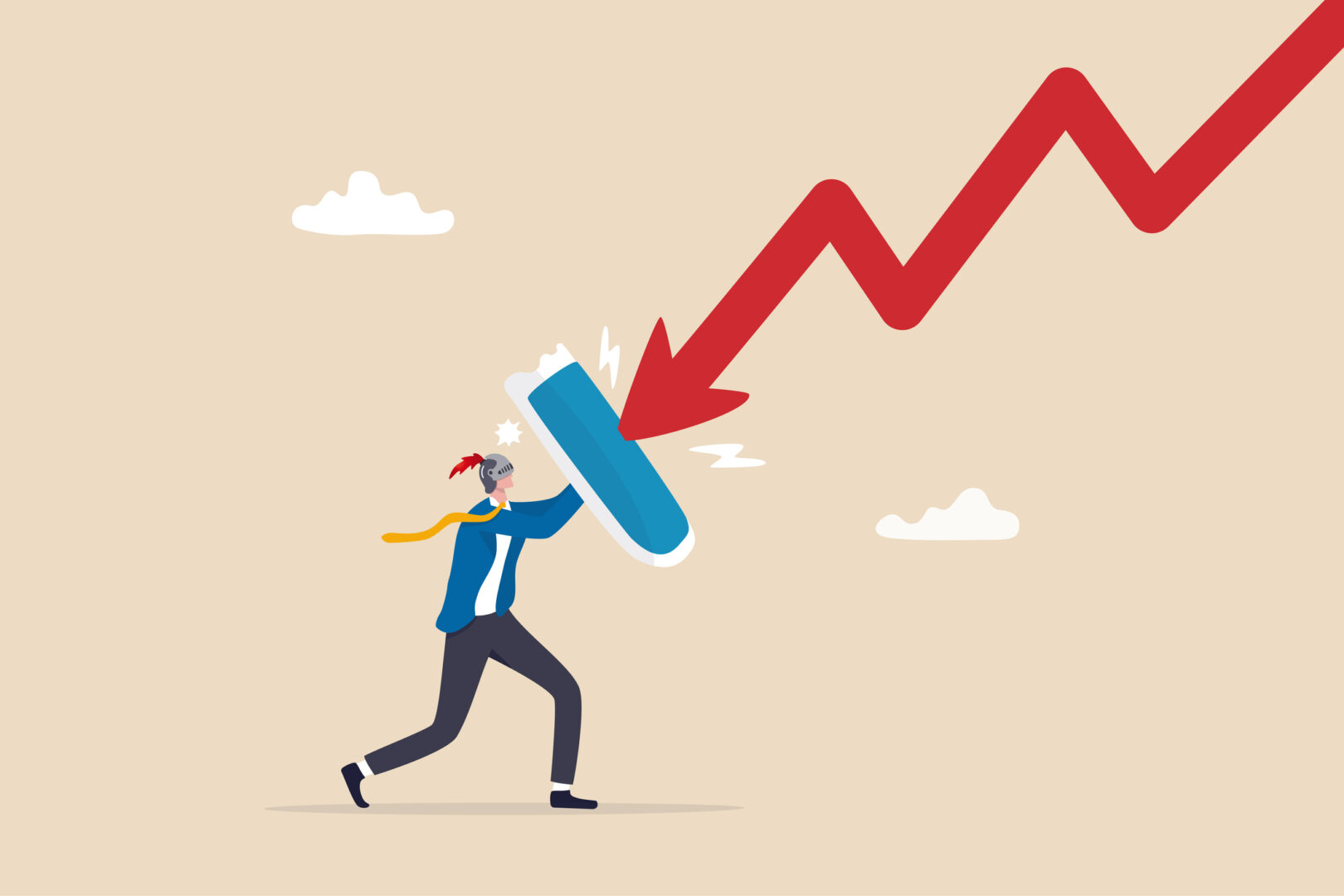Do you think you made a good deal by purchasing the latest model car? The answer might not be what you think.
In Italy, we have the car manufacturer Ferrari, which represents our national pride and makes us proud around the world. For those who don’t know, the company went public on the NYSE in 2015, with the ticker RACE.MI. If you want to learn some anecdotes about the IPO and its former CEO, there are several books, and I believe I’ve read them all.
I could attempt to do the same analysis we did for Apple, but in this case, I don’t think it makes much sense because most of us cannot afford a Ferrari. Anyway, I remember that the offer price (IPO) on the New York Stock Exchange (NYSE) in October 2015 was $52 per share. As I write this article, the quote is $375.
Avoid Rapidly Depreciating Assets
The expenses we need to be most cautious about, as they can cause the most damage, are those related to assets that tend to depreciate rapidly. A typical case is the car, but for the wealthier, another example might be a boat.
I want to show you what it means for your finances and financial independence to spend too much on a car, an asset that almost everyone owns and that in many cases we are forced to have. For various reasons, I still don’t own one, but that’s another story.
Before we start, I want to tell you that Warren Buffett, one of the richest men in the world with an estimated net worth of about $115.2 billion and who could buy a Ferrari every day, drove a Cadillac XTS costing $46,000. This car replaced a Cadillac DTS that Buffett owned from 2006 to 2014, which at that time had a price roughly similar to the more recent purchase.
A new car, as soon as it leaves the dealership, has already lost 22% of its value, which is the amount of VAT. If we imagine an average car worth €35,000, by the time you leave the dealership, you have already lost €7,700.
Considerations Before Buying a Car
Although for many a car is a necessity, as you know, there are many models and it’s not necessary to opt for the most expensive or the most equipped ones. Especially if you are not yet able to save much from your salary, you should never go into debt for a car.
Here are my recommendations, as always based on common sense, for buying a car:
- Buy a used car, look for one in excellent condition with a maximum of a couple of years of life. Pay in cash and avoid any form of financing, never go into debt for a car;
- Don’t spend too much on accessories, choose models that have 90-95% of the features of premium ones, without exceeding costs for unnecessary accessories;
- Keep the car for a long time, don’t change it too often, especially if the current one is performing its duties excellently;
- Postpone the purchase to the right time, if you have a dream, such as a luxury car, defer the purchase preferably to a later stage if your income allows it;
- Always evaluate the opportunity cost before making a purchase, multiply the value by 7 or 8 times to estimate the missed future earnings. At this point, ask yourself if it’s really worth it or if there are cheaper alternatives.
Only after analyzing and reflecting on all the points listed above, decide whether or not to buy this means of transportation. Also, don’t be dazzled by the ephemeral status symbol represented by a car. A luxury car or a model just released on the market is not automatically an expression of well-being.
Managing Money with Discipline
Managing money is not simple; it requires a lot of discipline, self-control, and above all, following a predetermined plan and then activating autopilot. With these precautions, you will be able to avoid unnecessary expenses and preserve your capital for more productive investments, bringing you closer to your financial independence.
These tips are designed to help you make wiser financial decisions and avoid common mistakes that can compromise your path to financial freedom. Remember: every spending decision has an impact on your financial future, so carefully evaluate every purchase and always prioritize investment over consumption.
In the series of articles on money management, we have analyzed the purchase of a house and durable goods like cars or smartphones.
I hope I have provided you with some food for thought and offered useful insights to view these choices from a different perspective. From now on, I hope you will always consider the opportunity cost, and I’m confident that the next time you make a significant purchase, you’ll have the right mindset.
Finance is easy to understand but difficult to execute due to our behavioral biases
On avance!









